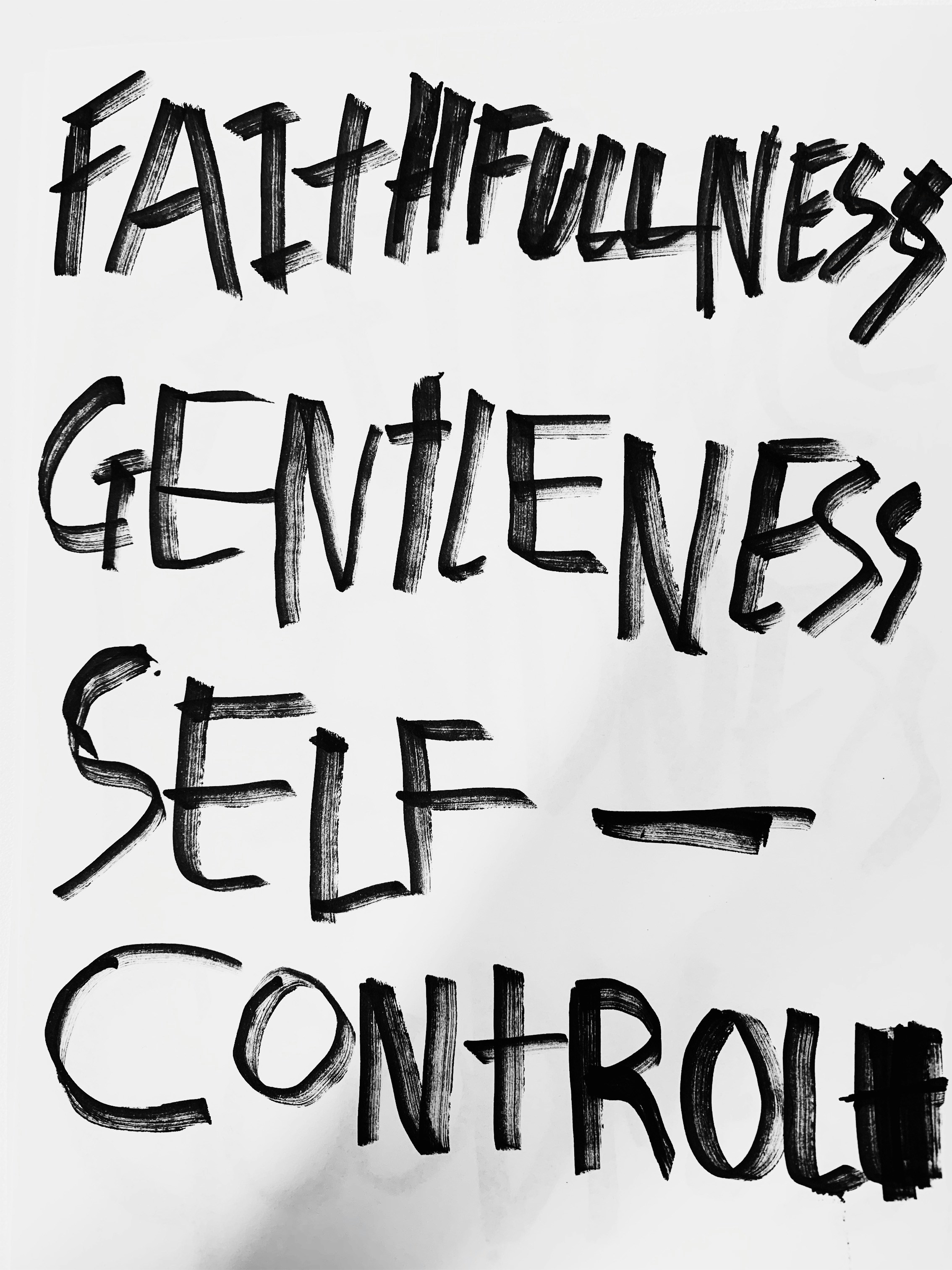Understanding Gratitude: What It Is and Why It Matters
Gratitude is a multifaceted emotion that encompasses the acknowledgment of benefits received, often extending beyond the simple act of saying “thank you.” It involves recognizing the kindness of others, appreciating the positive aspects of life, and fostering an emotional response that can lead to greater well-being. Historically, gratitude has been celebrated in various cultures and religions, indicating its foundational role in human connections. From ancient Greek philosophers who emphasized virtue to modern psychological studies investigating its effects, gratitude has consistently proven to be impactful.
The psychological significance of gratitude lies in its ability to shift one’s focus from what is lacking to what is present and abundant. This shift in perspective can foster a sense of contentment and emotional balance, often leading to greater life satisfaction. Research has indicated that people who regularly practice gratitude, whether through journaling or verbal expressions, tend to experience lower levels of depression and anxiety. Moreover, gratitude can enhance social connections by strengthening bonds between individuals and encouraging prosocial behavior, thus fostering community and mutual support.
Several studies point to an interesting phenomenon where individuals who engage in gratitude practices report stronger relationships with others. They describe feeling more appreciated and valued, which contributes to a positive feedback loop, where gratitude begets more gratitude. Characteristics such as empathy and trust often improve, creating an environment conducive to personal and collective growth.
In light of these findings, the transformative power of gratitude becomes evident. It is more than just a fleeting emotion; it can be cultivated intentionally as a lifelong practice. By understanding and implementing gratitude, individuals may unlock pathways to enhanced emotional resilience, social vitality, and overall improvement in mental health. This understanding sets the stage for exploring various avenues to incorporate gratitude into daily life for lasting benefits.
The Science Behind Gratitude: Effects on Mindset and Well-being
Numerous scientific studies have illuminated the profound effects of gratitude on both mindset and overall well-being. One pertinent area of research focuses on the brain’s neurochemical responses that occur when individuals engage in gratitude practices. Neuroscientific findings indicate that experiencing gratitude can effectively activate the brain’s reward system, resulting in the release of neurotransmitters such as dopamine and serotonin. These chemicals play a crucial role in enhancing mood and fostering feelings of happiness.
Moreover, research published in prominent psychological journals has demonstrated that individuals who regularly practice gratitude are more likely to report lower levels of stress and depression. By redirecting attention from negative experiences to positive ones, gratitude enhances emotional regulation. This shift in focus not only encourages a greater appreciation for life’s abundance but also diminishes the impact of negative emotions, thereby promoting psychological resilience.
Gratitude influences our cognitive patterns, effectively leading us to adopt a mindset oriented towards positivity. When practicing gratitude, individuals gradually train their brains to shift away from a scarcity mentality—constantly reflecting on what they lack—to an abundance mindset focused on appreciation. This transformative shift can bolster motivation as people feel more empowered and engaged with their surroundings. Studies suggest that individuals who maintain a gratitude journal, for example, report higher levels of overall satisfaction and motivation in both personal and professional realms.
The long-term benefits of integrating gratitude into daily routines cannot be understated. Over time, this practice cultivates a more optimistic outlook on life, which fosters improved resilience in facing challenges. The psychological theories surrounding gratitude further highlight its role in buffering against adverse stress and enhancing one’s capacity to navigate difficult situations effectively. As such, the practice of gratitude not only enriches individual well-being but also fosters a more inviting and support-oriented community.
Implementing Gratitude into Your Daily Life: Practical Strategies
Incorporating gratitude into daily routines can significantly enhance one’s overall well-being and mindset. One effective method is keeping a gratitude journal. This practice involves dedicating a few minutes each day to write down three to five things for which you are thankful. The act of reflecting on positive experiences cultivates a focus on the good in life, creating a habit of appreciation. Consistency is key; consider setting a specific time each day, such as before bedtime, to establish a routine.
Another valuable strategy is practicing mindfulness. Mindfulness encourages individuals to remain present in the moment, allowing them to recognize and cherish the small blessings that often go unnoticed. Activities such as mindful meditation or deep breathing exercises can enhance the visibility of gratitude in everyday life. Engaging in these practices regularly can help shift one’s perspective from negativity to appreciation.
Expressing gratitude verbally, whether through conversations or letters, also plays an essential role in reinforcing a gratitude practice. Taking the time to thank someone personally can strengthen relationships and promotes a sense of connectedness. Consider writing letters to friends or family members to articulate what you appreciate about them; this not only enriches your life but also nurtures their positive feelings.
While implementing gratitude practices might come with challenges, such as time constraints or negativity bias, recognizing and addressing these obstacles is crucial. Setting manageable goals, like starting with just one gratitude practice per day, can prevent feelings of overwhelm. Additionally, being patient with oneself as you develop this habit helps ensure sustainability. Over time, gratitude can become an integral part of your life, enhancing motivation and fostering a positive mindset.
The Ripple Effects of Gratitude: Enhancing Motivation and Relationships
Gratitude has far-reaching implications that extend beyond individual well-being, fundamentally influencing both motivation and interpersonal relationships. When individuals practice gratitude regularly, they tend to develop a more optimistic outlook on life’s challenges. This positive perspective acts as a catalyst for enhancing motivation. Research has indicated that individuals who express and reflect on what they are thankful for are more likely to approach difficult situations with resilience and proactivity. This mindset not only bolsters personal determination but also fosters a commitment to achieving goals despite obstacles.
Moreover, gratitude serves as a powerful tool in cultivating stronger relationships, both personally and professionally. When people express appreciation to colleagues, friends, or family members, it fosters an environment of acknowledgment and respect. Such expressions of gratitude can enhance communication, leading to more open dialogues and reduced conflicts. For instance, in a workplace setting, managers who regularly acknowledge their employees’ efforts are likely to see heightened morale and productivity. This mutually supportive environment fuels collaboration and strengthens bonds among team members.
Real-life testimonials further illustrate the transformative power of gratitude. Consider a scenario where a manager initiates a ‘thank you’ approach in their leadership style. Not only do employees feel more valued, but they also report feeling more motivated to contribute their best efforts to the organization. Conversely, an employee who expresses gratitude to their supervisor fosters a reciprocal dynamic that enhances trust and respect. These interactions exemplify how daily gratitude practices can significantly nourish and sustain relationships, ultimately leading to enhanced team dynamics and improved collective outcomes.
In conclusion, engaging in daily gratitude practices can catalyze profound changes in motivation and relationships. The positive ripple effects promote not only individual growth but also foster supportive environments that elevate overall well-being.





